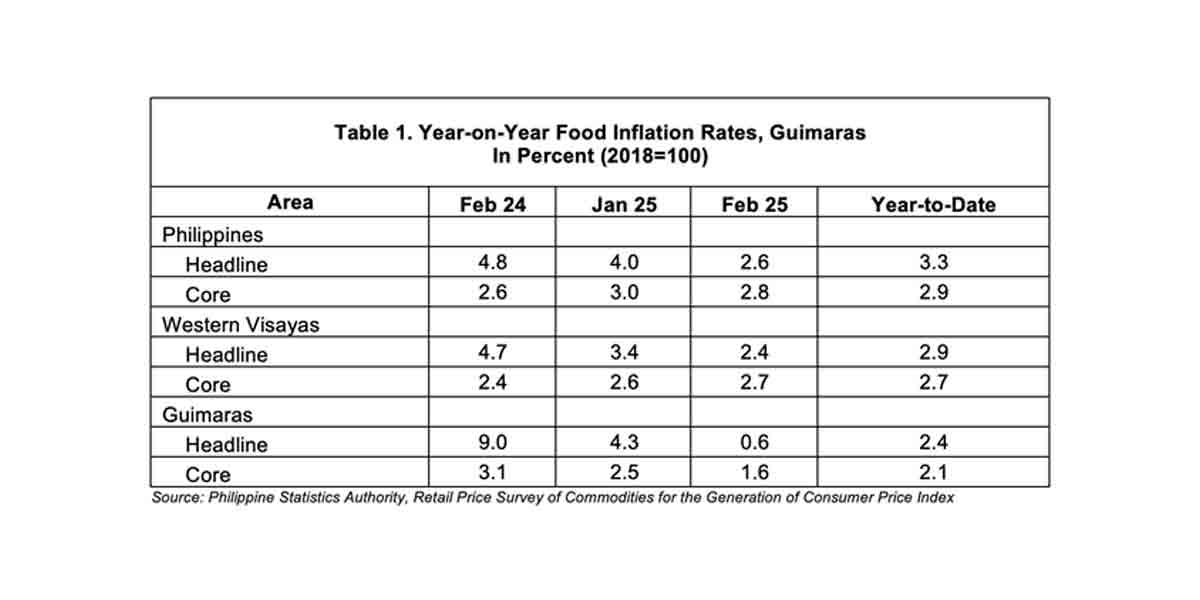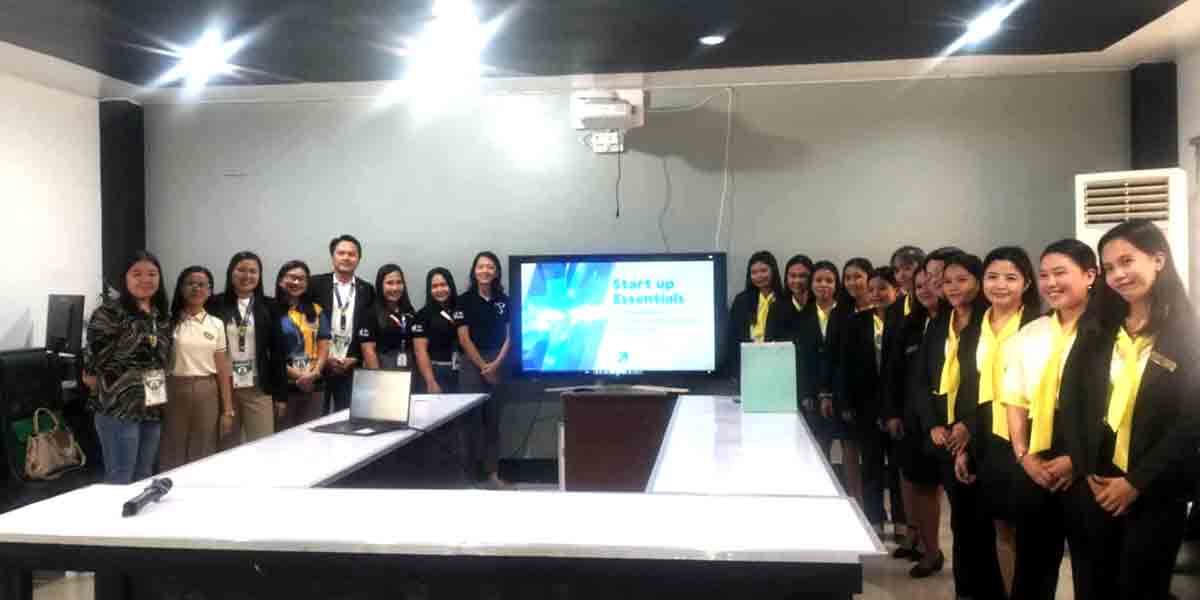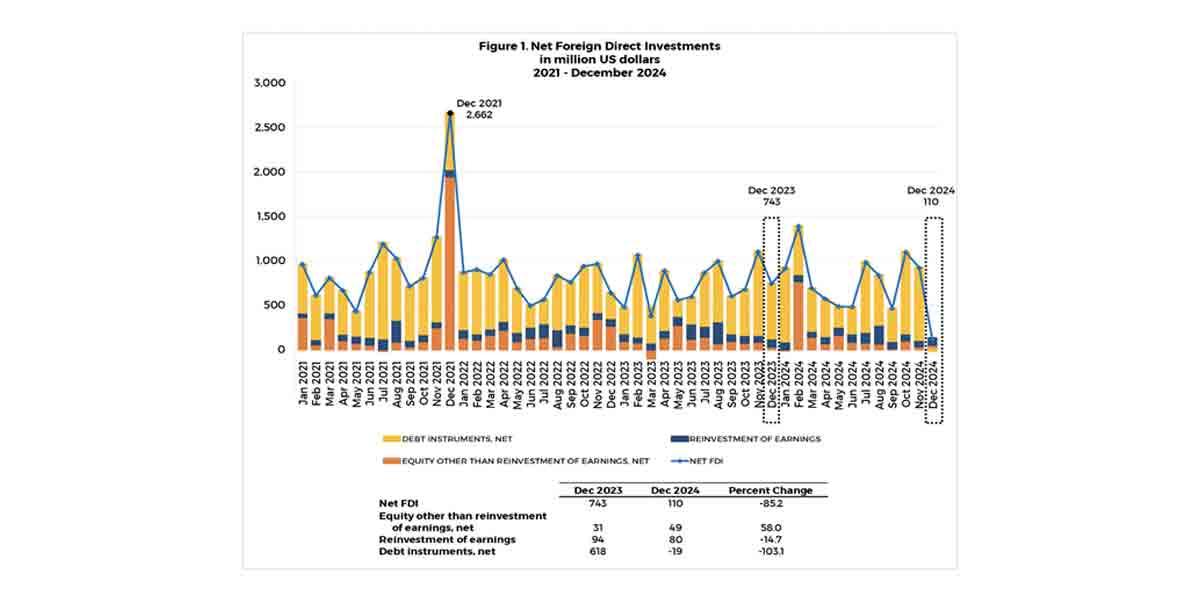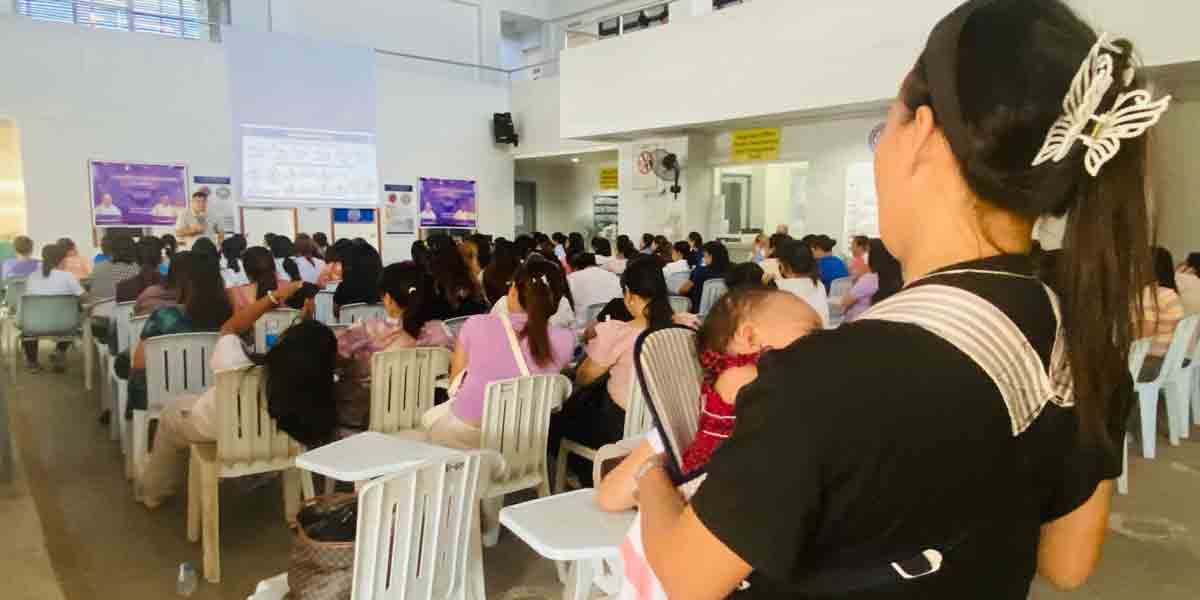On December 5, 2023, President Ferdinand R. Marcos, Jr. signed into law the Public-Private Partnership (PPP) Code of the Philippines, reinforcing the country’s investment ecosystem and creating a more stable and predictable policy environment for collaboration in high-impact infrastructure projects.
The National Economic and Development Authority (NEDA) welcomed the enactment of the PPP Code or Republic Act No. 11966, which furthers the President’s 8-Point Socioeconomic Agenda of enabling high-quality job creation and inclusive growth by promoting investments in critical physical and social infrastructure.
“The PPP Code will enable much-needed development across various sectors and accelerate the delivery of public services necessary for economic growth and socioeconomic transformation. With its implementation, the government can harness PPPs to finance priority programs such as the Marcos Administration’s Infrastructure Flagship Projects (IFPs) and even social infrastructure in the education and health sectors. The law encourages leveraging private-sector expertise in process innovation, resource mobilization, and high-quality service delivery,” said NEDA Secretary Arsenio M. Balisacan.
Complementing other investment-related measures implemented by the government, the PPP Code aims to strengthen and institutionalize PPPs in the country further, providing a unified legal framework for all PPPs at both national and local levels.
This legal framework covers all types of arrangements, such as Build-Operate-Transfer (BOT) variants, joint ventures, and toll operations agreements. The law also reduces transaction costs and improves the ease of doing business for PPPs.
The landmark legislation clarifies the ambiguities in the existing BOT Law, which was last amended in 1994, and other existing PPP legal frameworks. Among the salient features of the PPP Code are reforms that address bottlenecks and challenges that affect the implementation of PPPs.
Its goal is to develop a more competitive and enabling environment for PPPs.
PPP Center Undersecretary and Executive Director Ma. Cynthia C. Hernandez expressed confidence that through the PPP Code, the government will deliver more financially viable, well-structured, and high-quality PPP projects that will significantly improve the lives of Filipinos.
“The PPP Code incorporates the best practices and lessons learned from over 33 years of experience in implementing PPPs in the country to ensure that present and future PPP projects are of high quality and can mitigate risks during implementation,” Hernandez said.
The Code also streamlines the implementation process, updates the approval threshold for national PPP projects, and promotes autonomy in implementing local PPP projects while ensuring alignment of LGU projects to national development plans. It enhances the framework for unsolicited proposals and establishes a predictable tariff regime that safeguards public interests.
The PPP Code will strengthen enabling institutions for PPPs. In particular, the Code gives the PPP Center additional powers and functions to work towards a more efficient and effective performance of its mandate. The PPP Governing Board, the Project Development and Monitoring Facility, and the newly created Risk Management Fund are likewise institutionalized further to enhance the sustainability of the Philippine PPP Program.
Balisacan stressed that the Marcos Administration encourages investments in critical sectors to help sustain rapid and inclusive economic growth.
“To sustain rapid economic growth, generate high-quality employment opportunities, and reduce poverty sustainably, we will need massive amounts of investment in physical and human capital. Given the tight fiscal space, the private sector becomes an indispensable partner in building the foundations to propel the economy’s medium- and long-term expansion. Through the many game-changing reforms enacted and implemented by the present and past administrations, we aim to make the Philippines a destination of choice for local and foreign investors,” he added.
The PPP Code will take effect after 15 calendar days following its publication in the Official Gazette or in a newspaper of general circulation. The PPP Governing Board, chaired by the NEDA Secretary, is tasked to issue the Code’s Implementing Rules and Regulations within 90 calendar days from the effectivity of the Code.






















